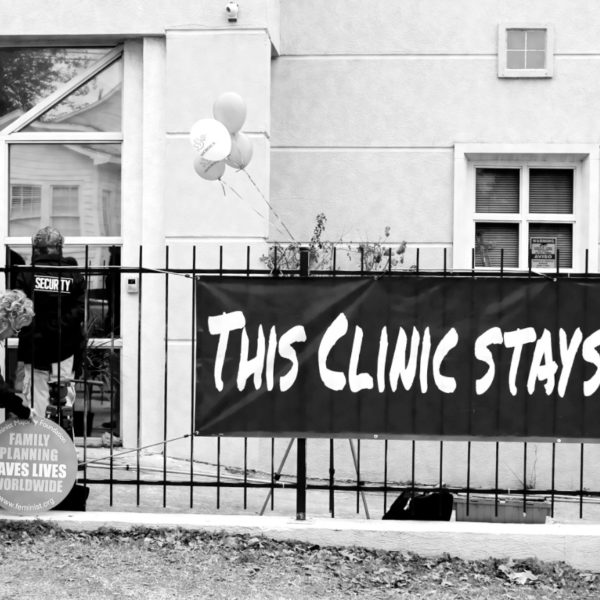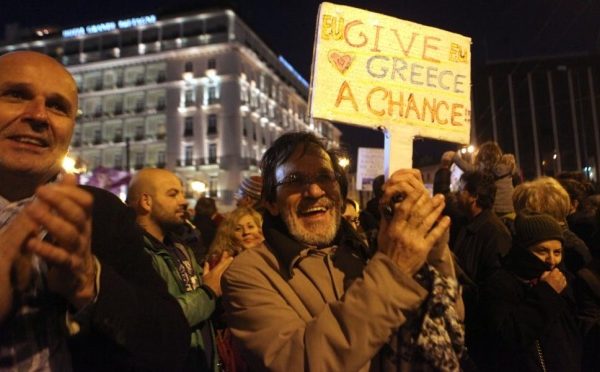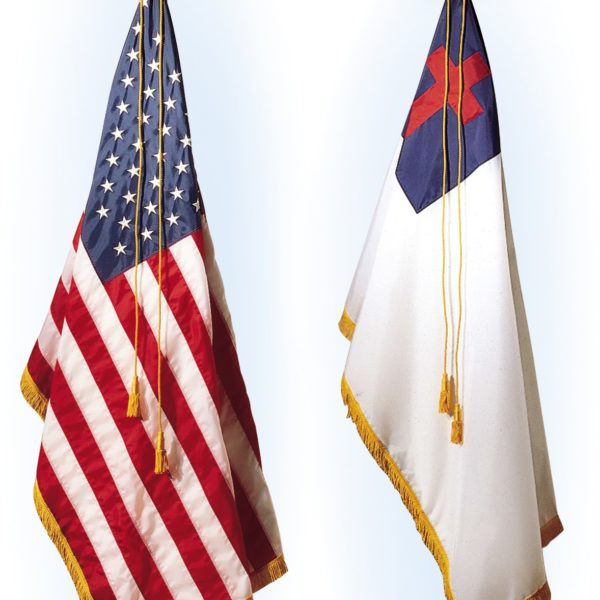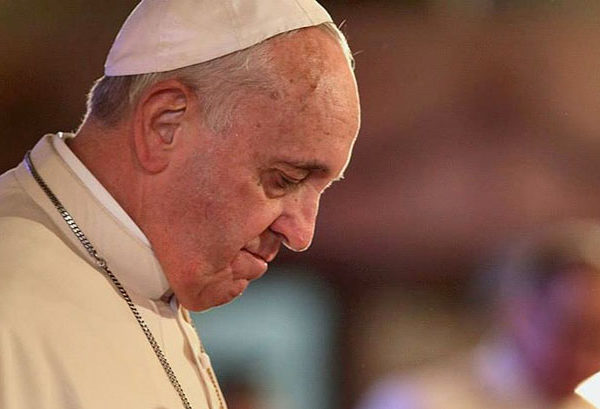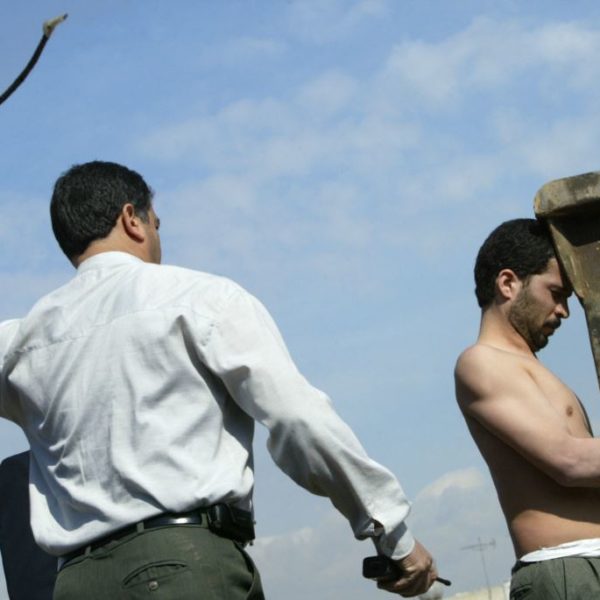
This past weekend my Facebook and Twitter feeds were awash with rainbow colors and expressions of patriotic love for the Supreme Court of the United States (SCOTUS).
The Court’s decision in Obergefell v. Hodges granting “marriage equality” to same sex couples coincided with Pride weekend in many places, including Houston, Texas, where I have lived a good part of my life. My straight friends were particularly effusive in their expressions of joy on my behalf, as if Obergefell v Hodges were the decisive moment when people like myself finally achieved equality.
It was as if this moment were marked somehow out as sacred.

American Evangelicals and their rumblings on marriage equality will stay with us. This resilience is not simply because of the impact of their networks and numbers but because their resistance reflects a general uneasiness with the value of equality, one that is profoundly embedded in American political culture.
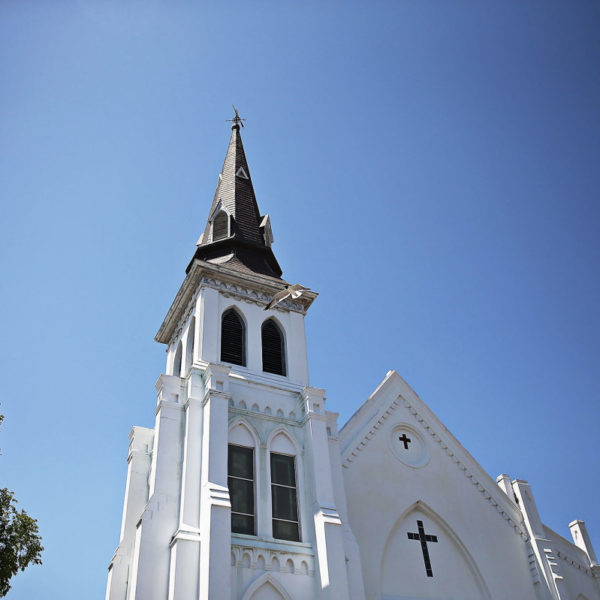
Return now to the martyrs who met for Bible study at Emanuel Church on the evening of June 17th. They teach us very many things, and also many more than I can know. Still, I want to say here that, by their faithful practice, they too illumine the meaning of the Parable of the Sower, and that they do so by indicating what it means to be good and fertile ground.


